Meet the QES Scholars
2019
|
ASHLEY AIMONE Dalla Lana School of Public Health; and Visiting Lecturer, Department of Human Nutrition, School of Public Health, College of Medicine, MOI University Topic – Child mortality in Sierra Leone and verbal autopsy implementation |
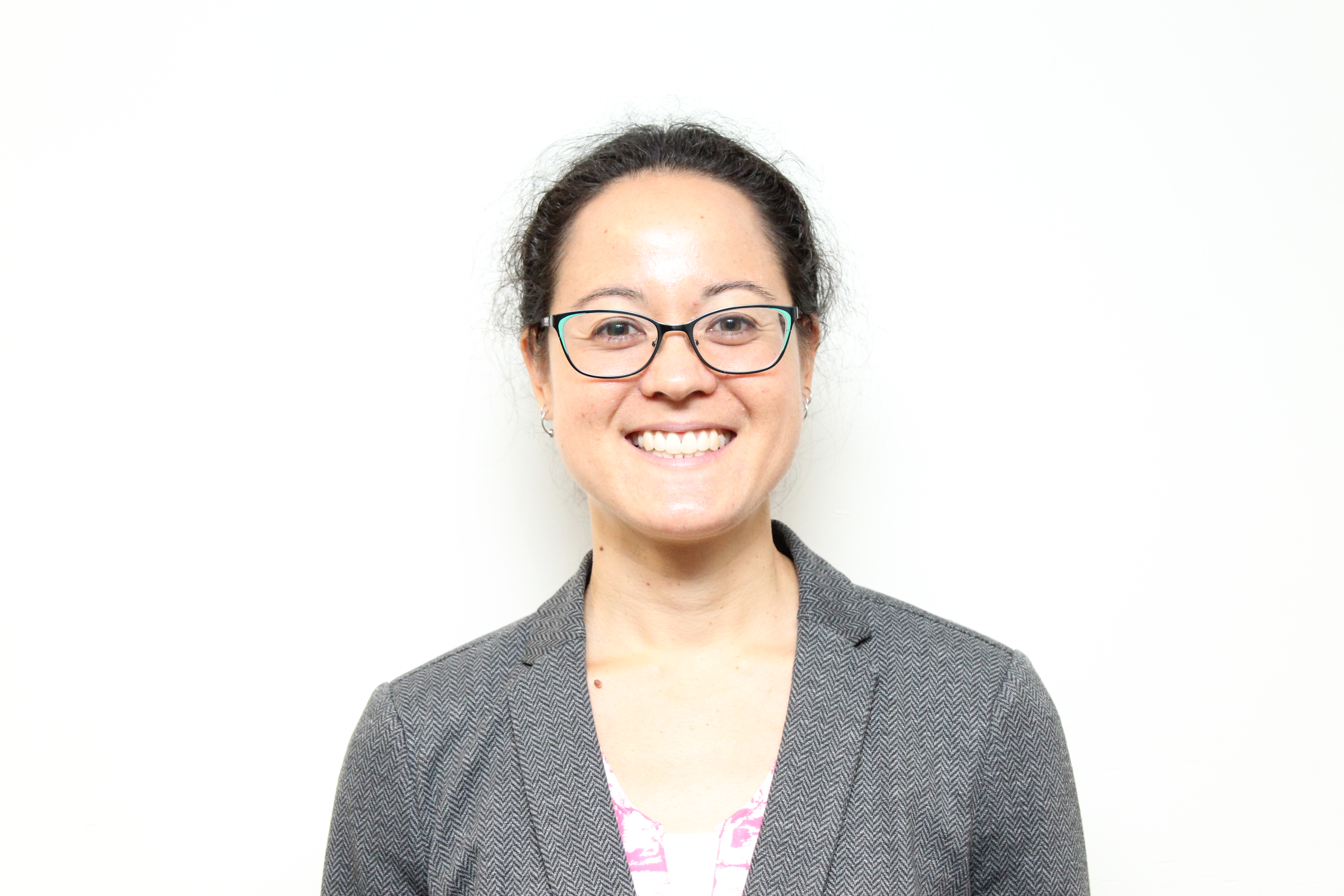 |
|
FERNANDA EWERLING Postdoctoral researcher at the International Center for Equity in Health, Pelotas, Brazil Topic – Incorporating equity analysis of Brazilian mortality data |
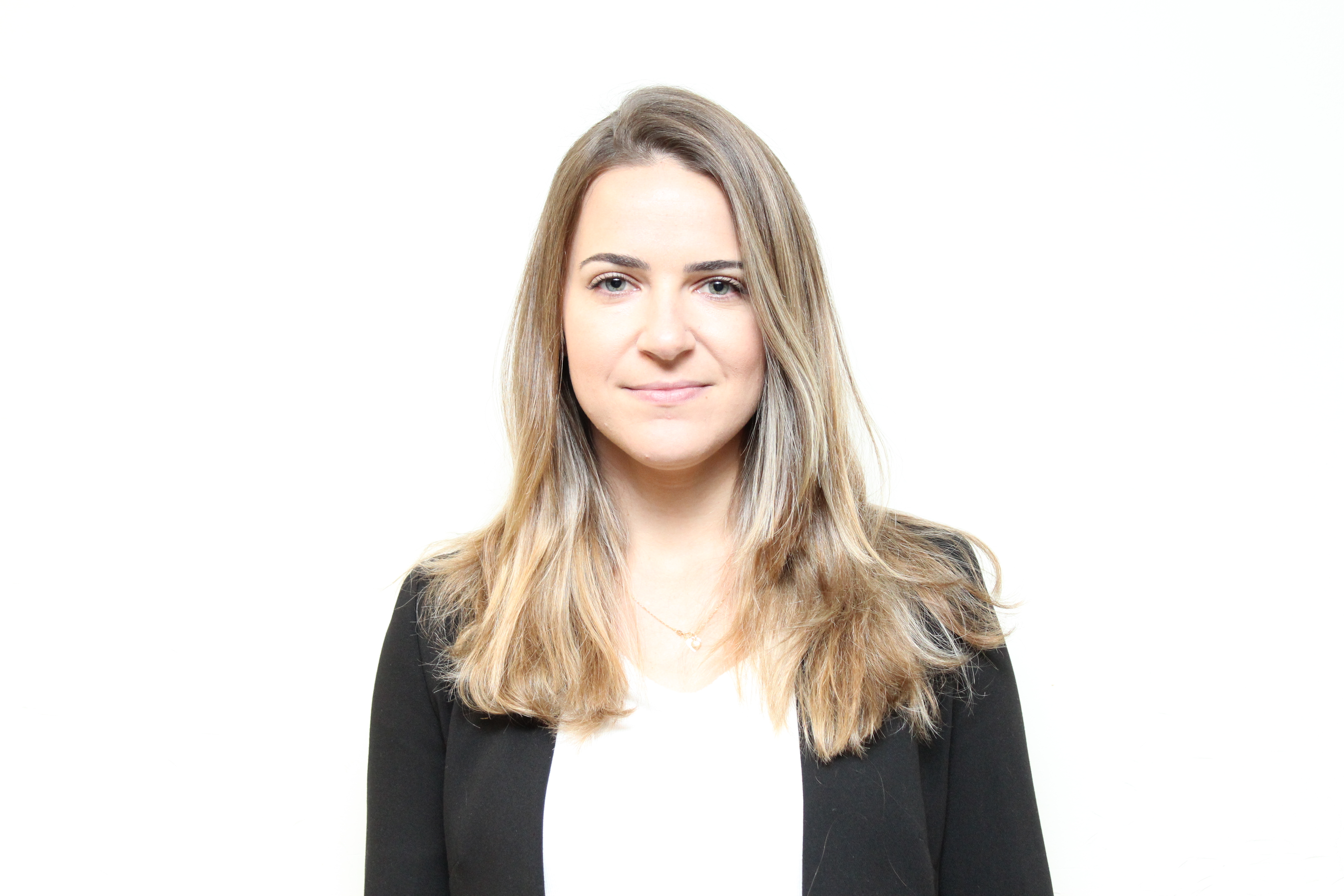 |
|
SAYANTEE JANA Assistant Professor, Indian Institute of Management, India Topic – Malaria in India |
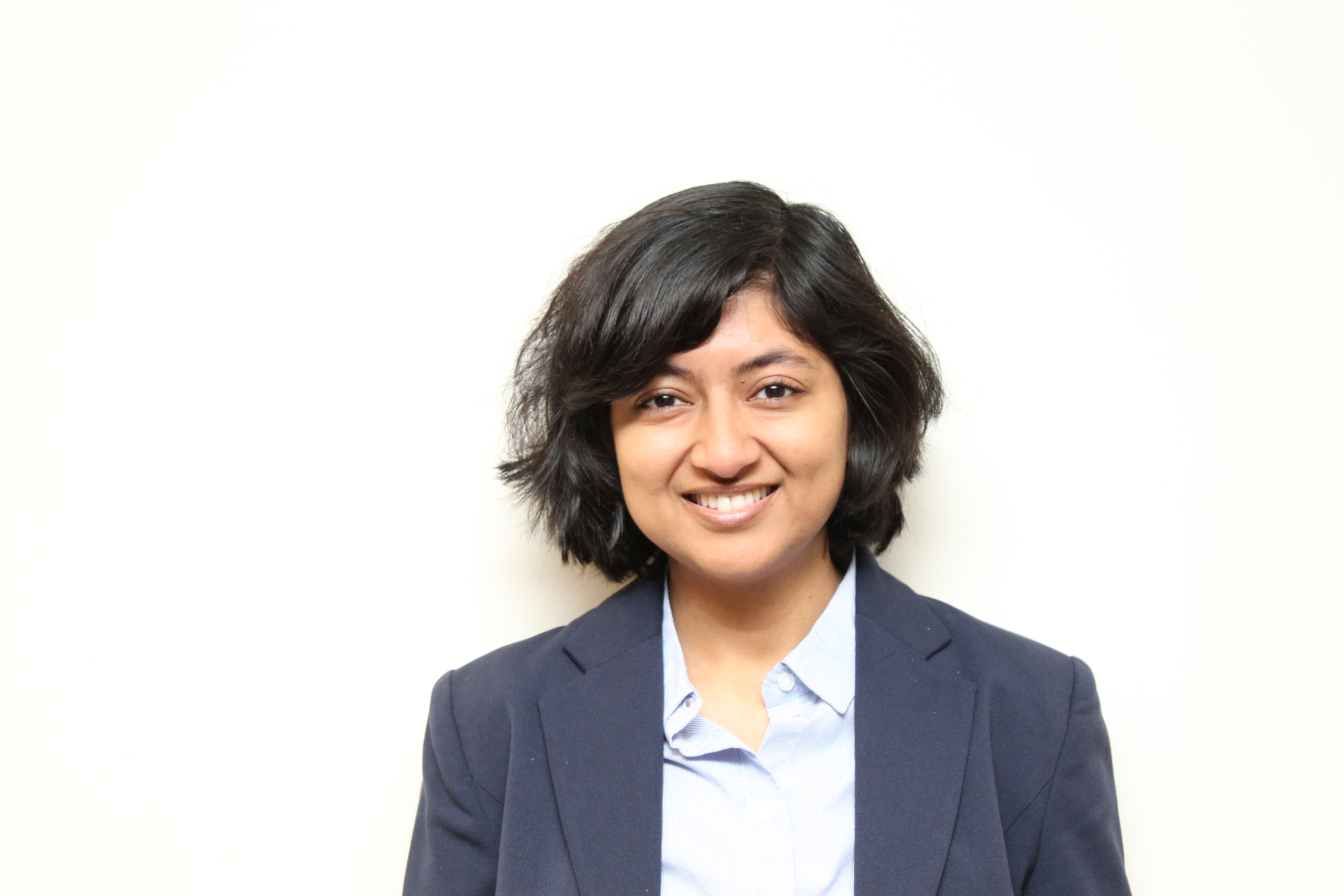 |
|
NANDITA SAIKIA Assistant Professor in Population Studies, Centre for the Study of Regional Development, Jawaharlal Nehru University, Delhi Topic – Sex-selective abortion in India |
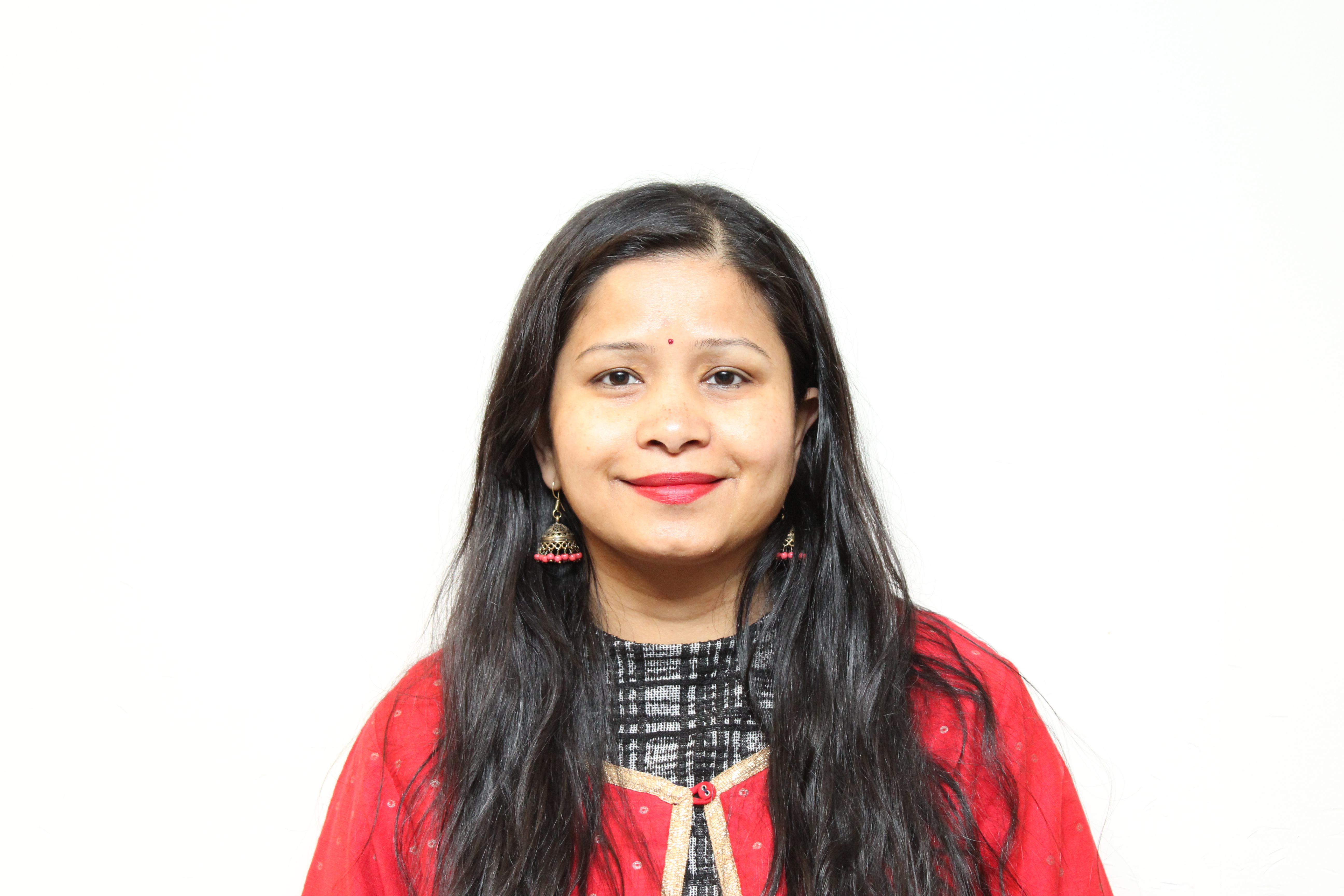 |
|
SUSAN THOMAS Scientist D, Biomedical Informatics Center ICMR – National Institute for Research on Reproductive Health Topic – Validating verbal autopsy diagnosis using physician keywords |
 |
2018
|
MICHELLE AMRI PhD student, Social and Behavioural Health Sciences, DLSPH, Collaborative Specialization in Global Health Studying the extent and determinants of social and economic inequalities in cities globally in low- and middle-income countries and their influence on inequalities in health. |
|
|
BRICE LIONEL BATOMEN KUIMI PhD student, Epidemiology, McGill University Aims to develop quality indicators to assess the performance of health systems in reducing and preventing mortality due to motor vehicle collisions. |
|
|
GEETHA R. MENON Scientist, National Institute of Medical Statistics, Ansari Nagar, New Delhi Plans to determine the Indian Disease Burden and implement WHO tools and techniques on Indian morbidity and mortality data for periodic estimation of disease and risk factor burden. |
|
|
GIRMATSION FISSEHA ABREHA Assistant Professor, Mekelle University School of Public Health, Ethiopia Seeking skill development in maternal and child health interventional research using longitudinal health data and demographic surveillance for policy action on the Ethiopia Health Sector Transformation Plan. |
|
|
SONNIA-MAGBA BY-BUAKEI JABBI Principal Statistician & Senior Researcher at Statistics Sierra Leone Program will enhance his leadership of Sierra Leone’s Countrywide Mortality Surveillance for Action project, which will establish a mortality data system to support health programs, policy decision-making, and resource allocation. |
|
|
MELKAMU DEDEFO GISHU PhD fellow in Applied Statistics, University of KwaZulu-Natal, South Africa Program will facilitate his work as a CHAMPS-Ethiopia Investigator tracking the cause of under-five mortality and still births in sub-Saharan African and south Asia through a new surveillance system. |
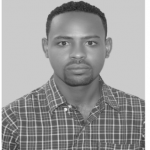 |
#QES scholars 2018 – what an amazing and talented group. What a privilege to support them with their #globalhealth research projects @countthedead @UofT_dlsph @michelle_amri @GeetaMano @BBatmen_ pic.twitter.com/8leTIJJjK3
— Erica Di Ruggiero (@ed4socialchange) June 30, 2018
Summer Institute 2018
The first Global Health and Mortality Summer Institute took place on June 25-29, 2018. Doctoral, postdoctoral, and early career scholars from around the world joined at the University of Toronto for a week of advanced training. Participants engaged in the work of strengthening health and mortality information systems in low- and middle-income countries to support innovative multi-disciplinary research on maternal and child health in order to improve access to health services. This year, we had participants from Ethiopia, India, Mozambique, Sierra Leone, and Canada. Participants are SAVE-QES Fellows, affiliates of the SAVE program, and attendees with a strong interest in statistical methods and mortality data.
The SAVE-QES Summer Institute is designed to prepare advanced scholars at the doctoral, postdoctoral, and early career levels to:
- Conduct quantitative research, using mortality data from publicly available datasets;
- Develop competencies and skills through quantitative data analyses that incorporate gender, research intensive seminars, grant and manuscript writing, knowledge translation, leadership, networking and community engagement opportunities; and
- Disseminate research results at different stakeholder forums and via high-impact journals.
Summer Institute 2019
The second Global Health and Mortality Summer Institute took place on May 27-29, 2019. Doctoral, postdoctoral, and early career scholars from around the world joined at the University of Toronto for a week of advanced training. Participants engaged in the work of strengthening health and mortality information systems in low- and middle-income countries to support innovative multi-disciplinary research on maternal and child health in order to improve access to health services. This year, we have participants from India, Brazil, Mozambique, and Canada. Participants are SAVE-QES Fellows, affiliates of the SAVE program, and attendees with a strong interest in statistical methods and mortality data.
The SAVE-QES Summer Institute is designed to prepare advanced scholars at the doctoral, postdoctoral, and early career levels to:
- Strengthen participants’ quantitative research and analysis skills, using mortality data from available datasets, health and mortality information systems in LMICs;
- Develop participants’ skills in effectively communicating data analyses to diverse stakeholders (e.g. governments, donors, researchers, non-governmental organizations); and
- Develop participants’ competencies in leadership, knowledge translation and community engagement to support them in influencing decision-making in different settings.
Apply to be a QES Scholar
Stay tuned for more information regarding Summer Institute 2020 and the applications for QES Scholars
Media
QEScholars – Curated tweets by Vadim_Levin
Partners
The SAVE-QES Summer Institute is a partnership between the Dalla Lana School of Public Health and the Centre for Global Health Research. It is funded by the Canadian Queen Elizabeth II Diamond Jubilee Advanced Scholars Program, supported through a unique partnership between Universities Canada, the Rideau Hall Foundation, Community Foundations of Canada and Canadian universities. It is made possible with financial support from the International Development Research Centre and the Social Sciences and Humanities Research Council.
